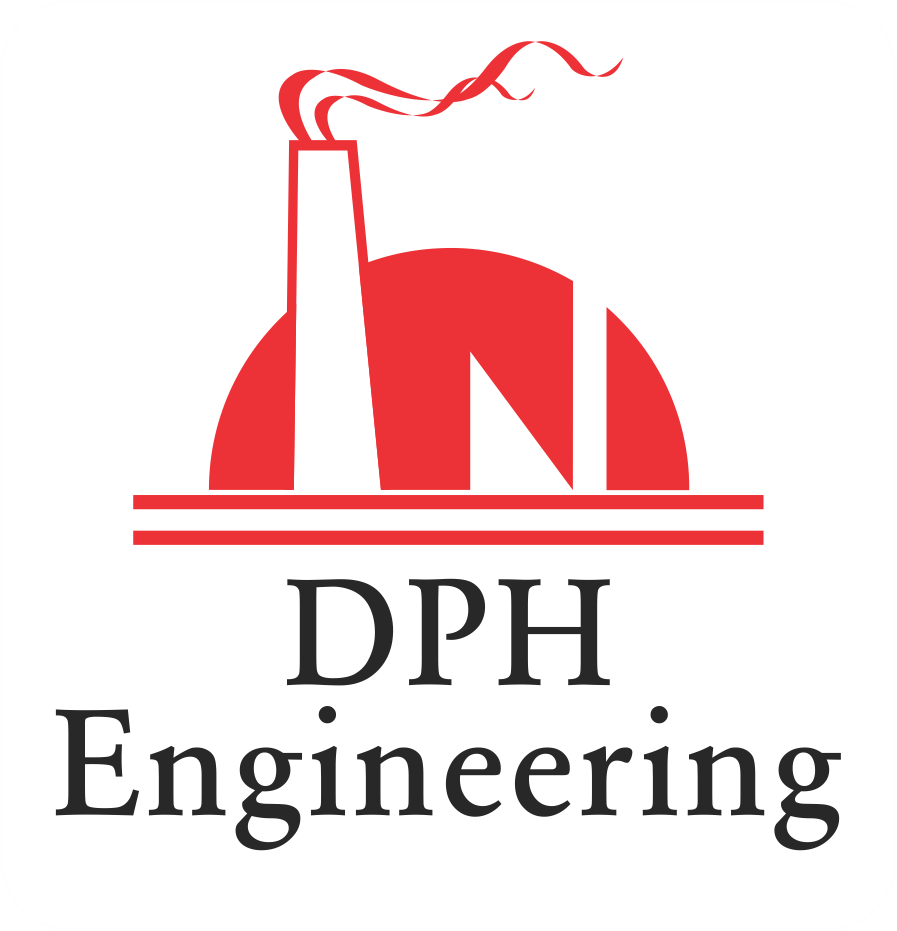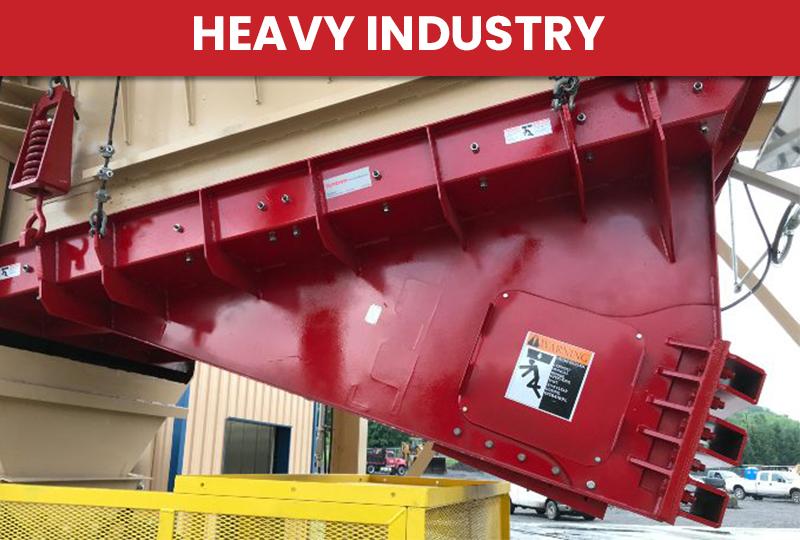The difference between light and heavy industries may be clearly seen in the manufacturing sector. However, it’s simple for people who aren’t familiar with these phrases to mix them up.
Let’s first define each of these two industries in order to better grasp how they contrast.
Manufacturing companies in the light industry often have lower capital-income requirements. Instead of serving as intermediaries for use by other sectors, the majority of light industry items and material products are made for end users. Generally speaking, these facilities have less of an influence on the environment than those connected to heavy industry. Zoning regulations are more likely to approve light industrial close to residential areas for this precise reason.
Light businesses often need less raw resources, space, and power. Small quantities of light raw materials are used by a light industry to create light industrial products like computers and mobile phones. Electronics and assembly industries typically fall under the category of light industries, and it is advantageous for them to be close to research facilities, grouped together, or near premium modes of transportation like highways and railroads.

Business parks, industrial estates, investment parks, and of course science parks are the typical locations for light industries. They include the manufacturing of paper, plastic, leather, textiles, and home electric appliances, as well as the food and beverage industries. Even though they typically produce less pollution than heavy industry, some light industries can produce significant pollution or pose a danger of contamination, necessitating continuous monitoring.
For the most part, heavy industry and industrial solutions involve large and heavy products, large and heavy machinery, large and heavy structures, and large and heavy infrastructure, material handling as well as complex or numerous procedures.
They are typically the ones that sell their goods more frequently to other production industries than to final users and consumers. In other words, they typically produce goods and industrial equipment that are used in the production of other goods. They are frequently more strongly cyclical in terms of investment and employment, and they are quite capital-intensive, requiring a lot of machinery and equipment to manufacture.
Heavy industry may occasionally be given a specific designation under municipal zoning laws. For instance, zoning regulations for landfills typically accommodate for the high volume of trucks that will cause the roads leading to the landfill to incur significant wear and tear.
Oil, mining, shipbuilding, steel, chemicals, machinery production, and other comparable businesses are a few examples of heavy industry. Currently, shipbuilding is a heavy industry. Heavy industry is frequently characterised by gigantic systems, such as those used in the construction of skyscrapers, huge dams, large rockets, and enormous wind turbines.
Overall, the following are the primary distinctions between light and heavy industry: While heavy industry tends to large-scale corporations, light industry produces tiny goods that are primarily purchased by individuals. While heavy industry uses massive, sprawling plants, light industry is ideal for small, standalone production units on industrial estates. While heavy industry is capital demanding and requires significant upfront investments to establish, light industry requires just modest levels of capital investment. Finally, heavy industries are sellers who feel that their focus should be on the business rather than the end users, whereas light industries are manufacturers whose products are primarily consumed by consumers.
DPH Engineering is a Syntron Joggers authorised distributor dealing with both heavy and light industries. We provide a range of products, material handling equipment and also design and manufacture engineered products and systems for applications specific to our customers.

